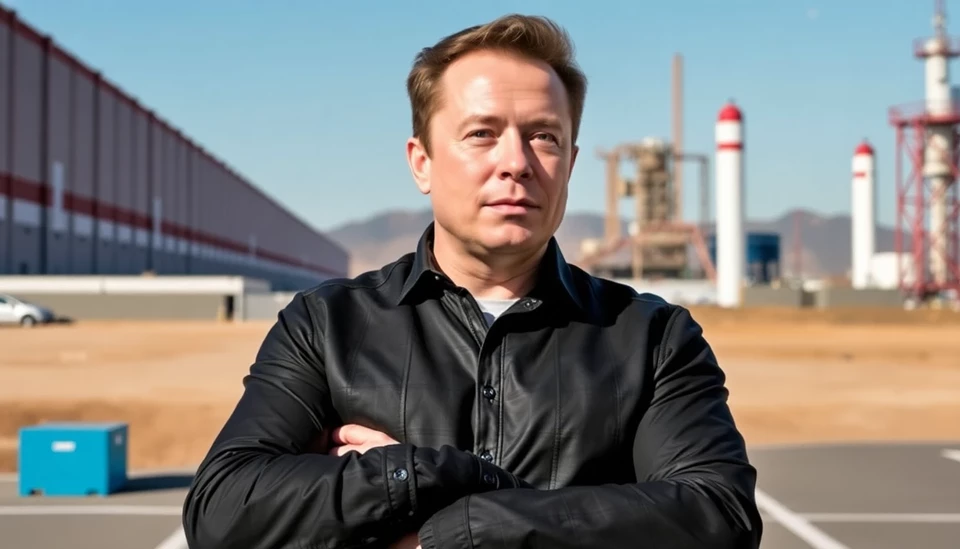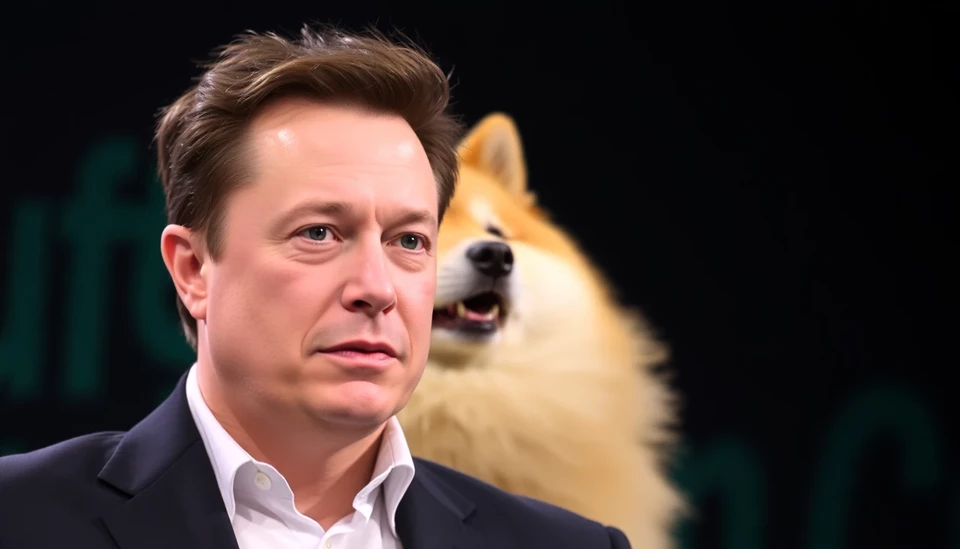
Recent reports have surfaced highlighting the use of undocumented workers at Tesla's Gigafactory, raising significant concerns about labor practices within one of the most prominent companies led by Elon Musk. The revelations come at a time when the automotive and aerospace industries are under scrutiny for their employment practices and adherence to labor laws.
The Gigafactory, which aims to produce electric vehicles and sustainable energy products, has rapidly expanded its workforce. However, evidence suggests that a portion of this labor force is composed of undocumented immigrants, who may be more vulnerable to exploitation due to their precarious legal status. This situation poses ethical dilemmas for the company, as well as potential legal ramifications.
Sources indicate that the decision to employ undocumented workers stems from a combination of labor shortages in the region and the enormous pressure to ramp up production. The need for an efficient workforce that can meet the high demands of production has led some management to overlook traditional hiring protocols, inadvertently fostering a work environment that relies on a population of workers who face significant risks.
Critics of Tesla have pointed out that while Musk advocates for innovation and progress, these employment practices raise questions about accountability and responsibility. Firms in the tech and automotive sectors have a duty to uphold labor standards, and using undocumented workers contradicts the values of transparency and fairness that many consumers expect.
Furthermore, undocumented workers in such environments often work under conditions that may not meet legal labor standards, facing longer hours for lower wages without the full protection of labor laws. The reliance on this segment of the workforce not only puts employees at risk but also threatens to tarnish the reputation of companies like Tesla and SpaceX, which are often lauded for their technological advancements and forward-thinking initiatives.
In response to the claims, Tesla has stated that they are committed to adhering to all applicable labor laws and maintaining a diverse workforce. However, critics argue that the company must conduct a more thorough investigation and implement practices that safeguard against the exploitation of vulnerable workers.
As this story unfolds, it will undoubtedly capture wider attention, prompting discussions about labor rights in the contemporary workforce. As consumers become increasingly aware of these employment practices, the pressure will mount on Musk and his companies to ensure ethical hiring practices in their ambitious quest for innovation.
The scrutiny surrounding Tesla’s labor force is emblematic of a larger conversation about immigration, labor rights, and corporate responsibility in today's economy. As Musk continues to push for high production standards in his factories, the balance between meeting demand and maintaining ethical labor practices will remain a critical issue for him and his businesses.
Whether or not this will lead to substantial changes within the company’s hiring practices remains to be seen, but it is clear that the intersection of technology, immigration, and labor law is sparking necessary conversations that extend far beyond the walls of the Gigafactory.
As stakeholders and the public watch closely, the outcome of these discussions could set precedents for how major corporations navigate their responsibilities toward workers, particularly those who are undocumented. The future of labor in high-tech industries depends on compliance with legal standards and the fostering of environments that prioritize fairness and dignity for all employees.
In conclusion, as Tesla and SpaceX navigate the complexities of their workforce arrangements, the impacts of such practices on their corporate image, legal standing, and ethical obligations will shape the narrative around not only Musk's vision but also the broader tech industry’s labor landscape.
#Tesla #ElonMusk #Gigafactory #UndocumentedWorkers #LaborRights #SpaceX #EmploymentPractices
Author: Samuel Brooks




